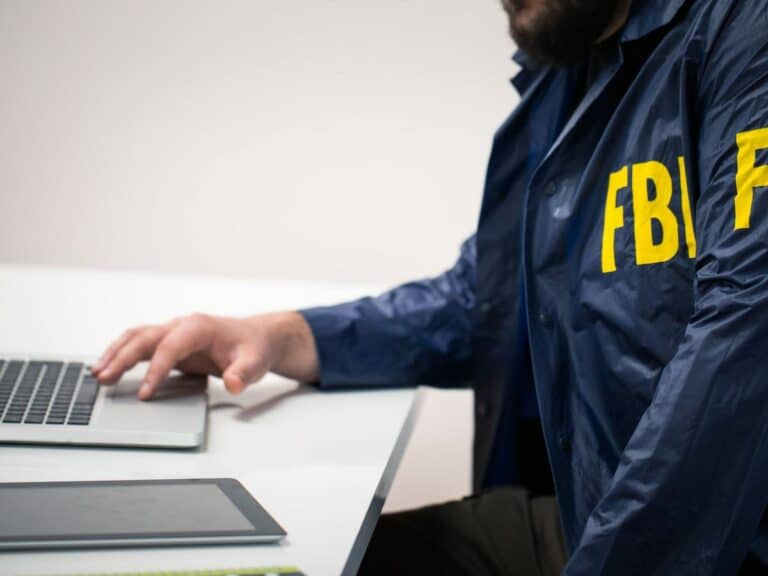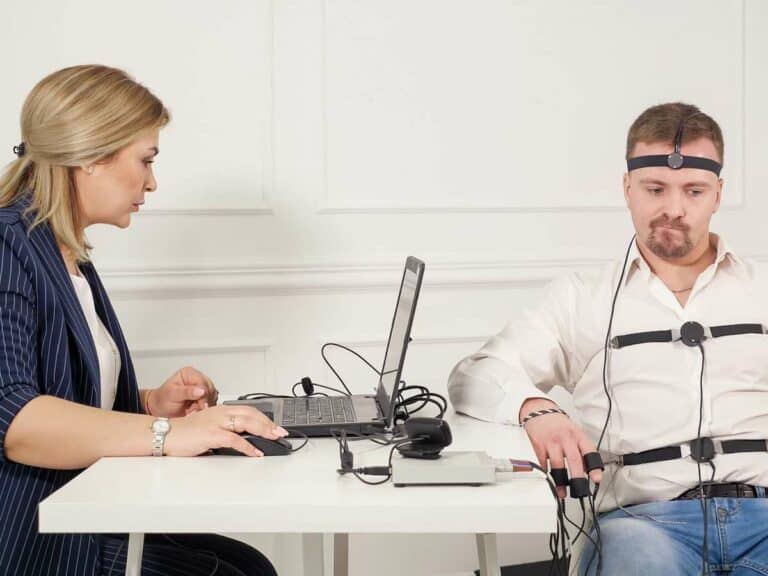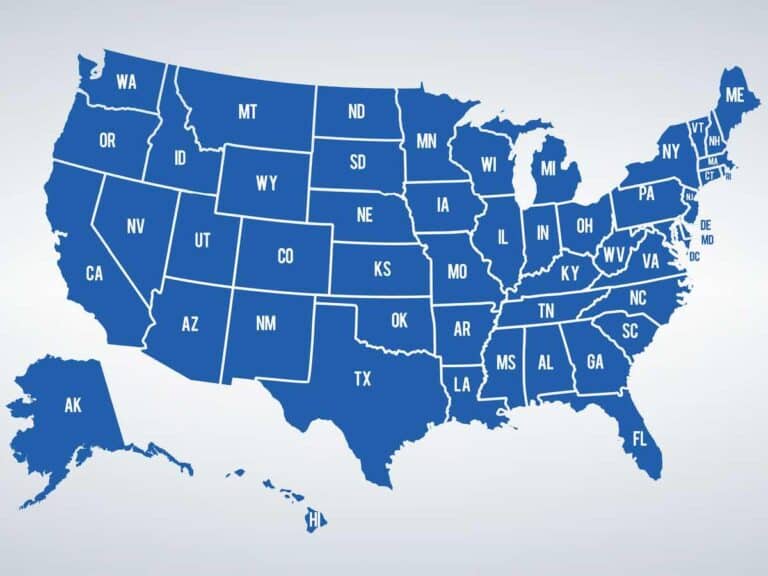These Federal Agencies Use Polygraph When Hiring
The Employee Polygraph Protection Act (EPPA) allows some employers to conduct a lie detector exam as a part of the pre-employment screening process. They include certain private companies and government agencies, including especially federal agencies involved in matters of intelligence, defense and national security.
Planning on applying to the FBI, CIA or any other similar federal agency some time from now?
Then make sure that you read this post until the very end. Below, I will talk about some federal agencies that require job applicants to subject themselves to a polygraph examination, among many other screening processes.
Read Also: What Happens If You Fail Polygraph Test
Do All FBI Jobs Require Polygraph?
According to an evaluation and inspections report by the Office of the Inspector General, all FBI job applicants, under FBI security policy, must take a pre-employment polygraph examination. Largely, the lie detector test is about issues that pertain to the trustworthiness of individuals looking to work at the FBI.
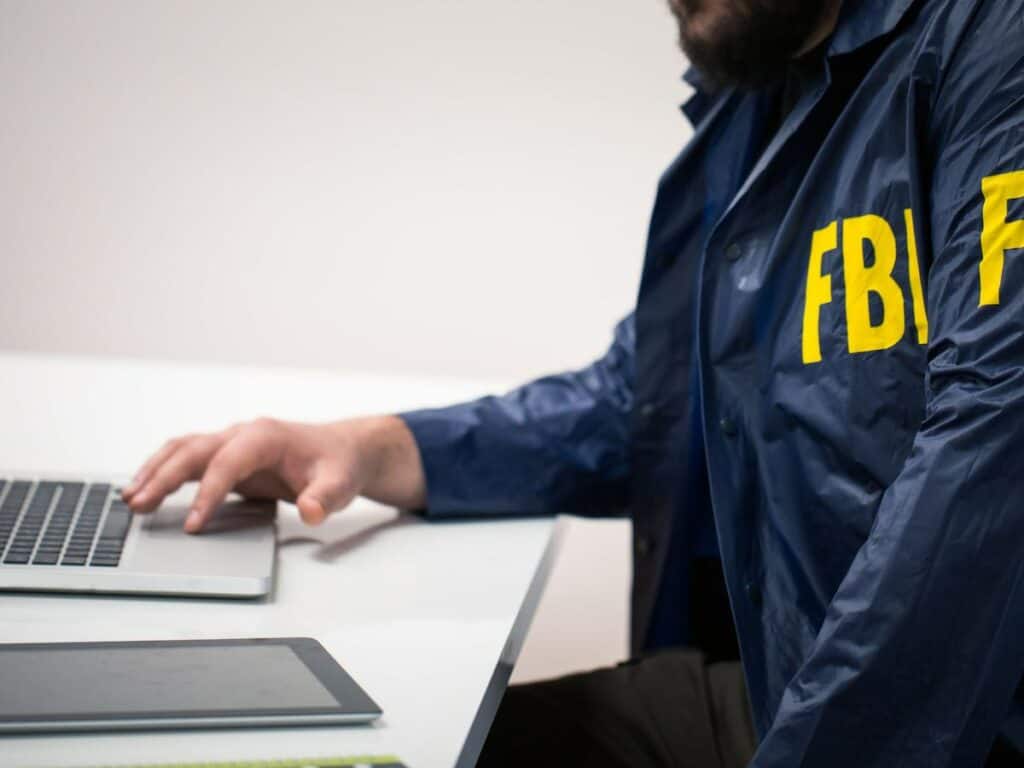
It’s true that each and every FBI job applicant must be strapped to a polygraph machine beforehand.
However, some FBI positions require applicants to take the test at a different time during the pre-employment screening process. In most instances, it’s to minimize expenditure.
Applicants for special agent positions, for instance, undergo a lie detector test before the beginning of the background investigation. This enables the FBI to minimize the costs of the administration of a background check when applicants are deemed ineligible to work for the federal agency based on the results of the polygraph exam alone.
So, in other words, a polygraph test, depending on the result, can disqualify a job applicant.
Those who pass their lie detector exams, meanwhile, proceed with the pre-employment process, with FBI investigators sometimes using the results of their polygraph tests when carrying out background investigations.
But it doesn’t necessarily mean that failing the examination automatically results in a rejection. If the final report is deception indicated, adjudication officials decide whether to disqualify the job applicant or, based on other information available to the adjudicators themselves, request that the job applicant be retested.
On the other hand, if the polygraph test of the job applicant is inconclusive, he or she is automatically retested.
Any suspicion by the examiner of the use of countermeasures that’s confirmed during the quality control review can keep the job applicant with an inconclusive polygraph result from retaking the test.
According to an interview with a special agent at the FBI, job applicants have to pass a couple of issues when undergoing a lie detector test: drug usage and national security.
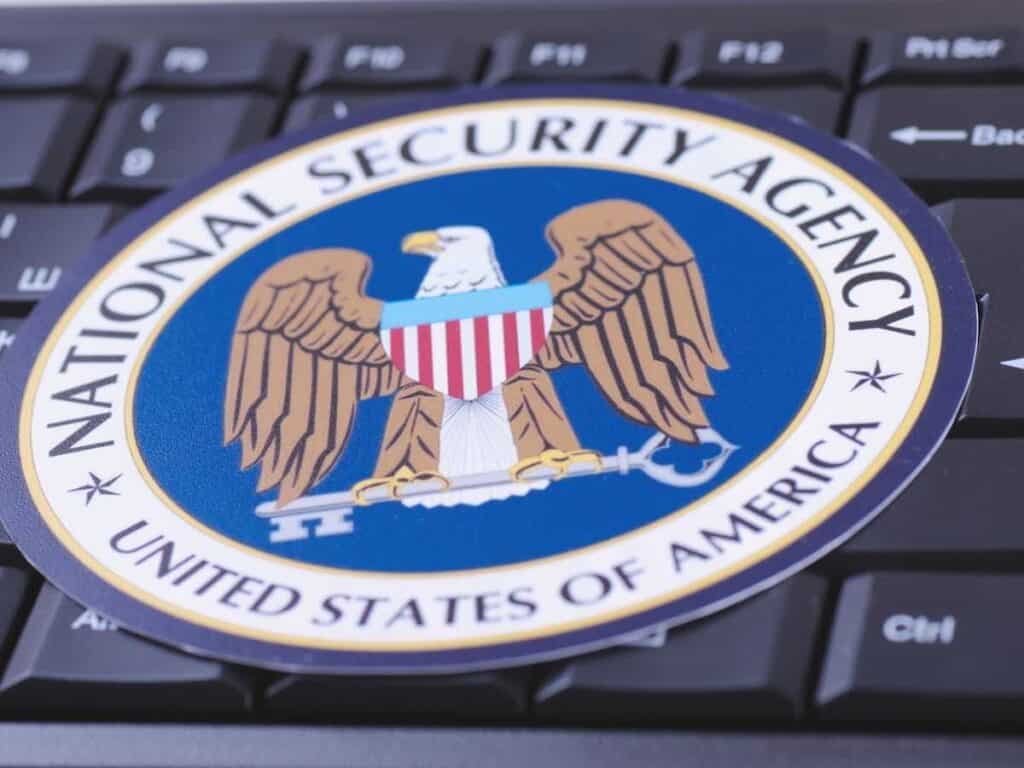
Does the NSA Do Polygraph?
The NSA conducts lie detector examinations as a part of an intensive pre-employment screening process. Questions asked to job applicants hooked up to a polygraph machine are asked yes or no questions categorized as lifestyle and national security. Those who pass the test, needless to say, proceed with the rest of the pre-employment requirements.
Before an individual gets employed by the NSA, he or she should obtain a security clearance.
It’s not the easiest to get because of the many different things that a job applicant has to go through beforehand, which includes taking a polygraph test and passing it, too.
Read Also: Does Crying Affect a Polygraph Test?
Two of the initial steps in the pre-employment screening process for applicants to the NSA include an interview with a psychologist and an aptitude test. And, as expected when applying for a job at most federal agencies, a pre-employment polygraph examination is administered.
As a matter of fact, among the various component agencies of the US Department of Defense (DOD), which is the executive branch department of the federal government tasked with coordinating and supervising all agencies and governmental functions directly related to national security and the US Armed Forces, the NSA conducts the most polygraph test.
Based on a this report, for instance, the NSA conducted 43% of the total lie detector examinations administered by various federal agencies associated with the DOD.
After passing the polygraph exam, an NSA job applicant then undergoes a personnel interview.
Refrain from assuming that it’s only during the pre-employment screening process at the NSA when an individual has to take a polygraph examination. After passing the test and meeting all subsequent requirements and getting employed at the federal government intelligence agency, he or she will have to retake the test on a regular basis.
Such is what’s referred to as the post-hire periodic polygraph screening of employees, which is a part of the NSA polygraph exam program together with the recurring testing of military personnel.
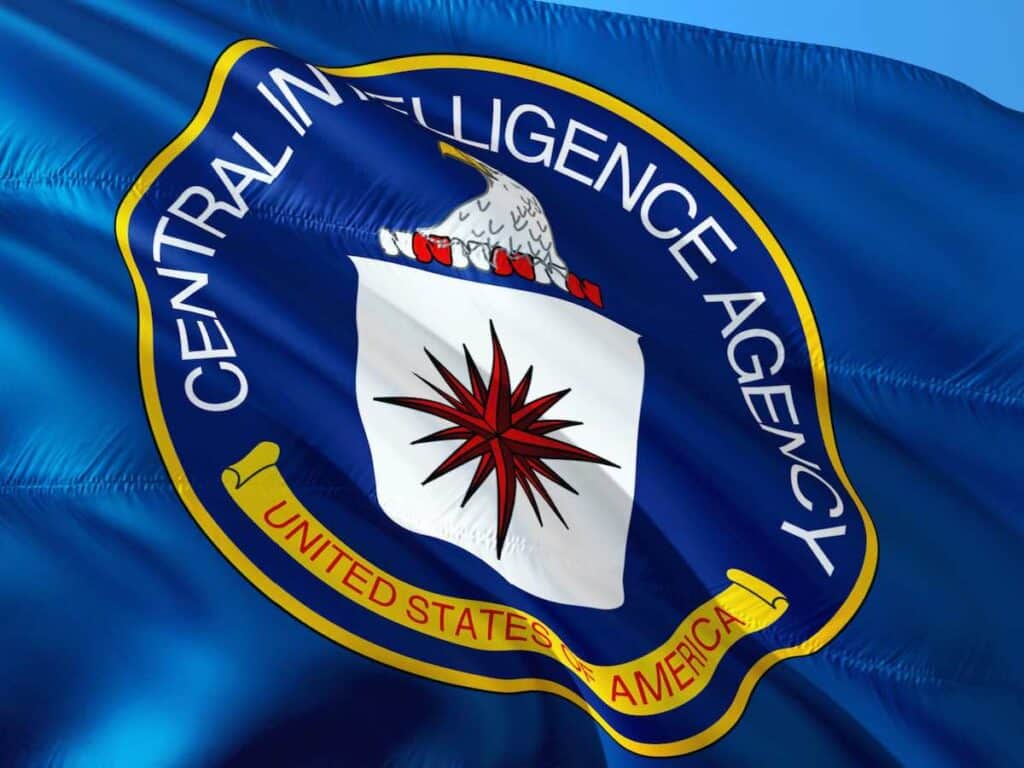
Does the CIA Use Polygraph Tests?
No matter the position, all individuals applying for a job at the CIA must undergo a polygraph examination as a part of the overall pre-employment screening requirements. A lie detector test is used in checking the veracity of the information provided by job applicants during the thorough background investigation.
It’s the duty and responsibility of the CIA to safeguard national security by collecting and evaluating information on politics, military, economics, scientific and other developments outside of the country.
Because of this, it makes perfect sense for the federal agency to be cautious when hiring employees.
The use of a polygraph machine is involved during the background checking of a job applicant, whose purpose is to investigate the individual’s history, character, trustworthiness, reliability and soundness of judgment, among other things. With the aid of a lie detector test, anything that the applicant says during the process can be verified.
A participant on the discussion page of Clearancejobs.com said that he took a polygraph for the CIA as a job applicant. The examination, according to him, took 3 hours to complete. He added that most of the yes or no questions asked by the polygraph examiner had something to do with drug use.
While he stated that the examiner, after leaving the room for 5 minutes, said that the results were within the norm and that no retake was necessary, the participant didn’t make a follow-up post as to whether or not he got accepted.
According to an unverified personal statement of a CIA analyst, employees of the CIA are said to be required to take a lie detector test every 5 years. The individual added, though, that an employee losing his or her job for failing a routine polygraph examination is unheard of.
As a matter of fact, the CIA analyst’s statement also included a story about an upper manager at the CIA failing the polygraph test multiple times but nonetheless remaining in position.
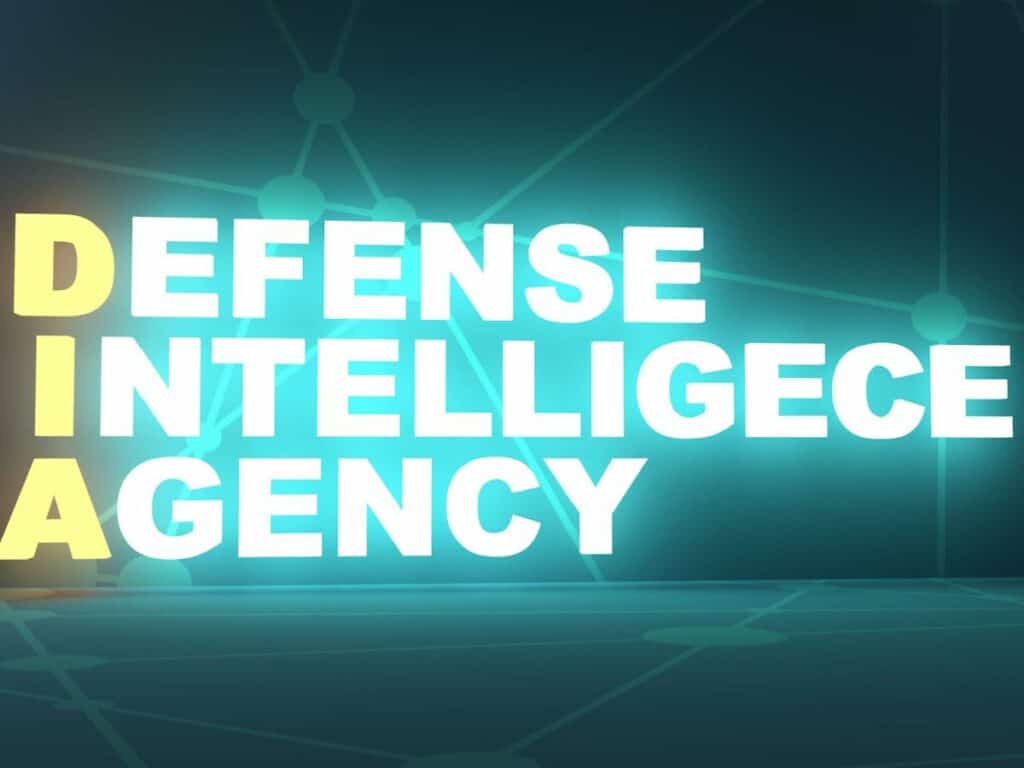
Does the DIA Require Polygraph?
The DIA requires job applicants to take a lie detector test as a part of the pre-employment screening process. Other than individuals who wish to work at the DIA, the agency also subjects all contractors that require access to DIA facilities, systems and information to undergo a polygraph examination beforehand.
While both the DIA and the CIA are members of the intelligence community, not too many people know the key differences between the two federal agencies.
The CIA is primarily focused on providing intelligence to the president and his or her cabinet.
Meanwhile, the DIA, which stands for Defense Intelligence Agency, is mainly tasked with producing, analyzing and disseminating military intelligence information to combat and non-combat military missions on a national level. The CIA, on the other hand, is responsible for broader and more general intelligence.
Individuals who are applying for a job at the DIA will have to go through an intensive pre-employment screening process, one of which is a lie detector examination.
Other than the polygraph test, the Central Processing Center and the Office of Security, both of which handle pre-employment related matters, also require all candidates to complete a background check, drug test and mental health screening. The completion of the screening, believe it or not, is estimated at 12 months.
As mentioned earlier, contractors who need to conduct work that requires access to the various DIA facilities, systems or information must take a polygraph test beforehand and pass it, too.
The Contractor Personnel Security of the DIA is the one tasked with polygraphing contractors, if necessary, which is a requirement that took effect only in 2017. The scope of the said lie detector test is counterintelligence as contractors will have access to sensitive resources of the federal agency.
Besides subjecting them to a polygraph test, contractors are also evaluated and certified for eligibility.
Lie detector tests are conducted not only on DIA contractors and job applicants but also on the agency’s employees. Some of the things that the counterintelligence polygraph covers include espionage, sabotage, terrorist activity, secret contact with a foreign national or representative and deliberate damage of information systems.
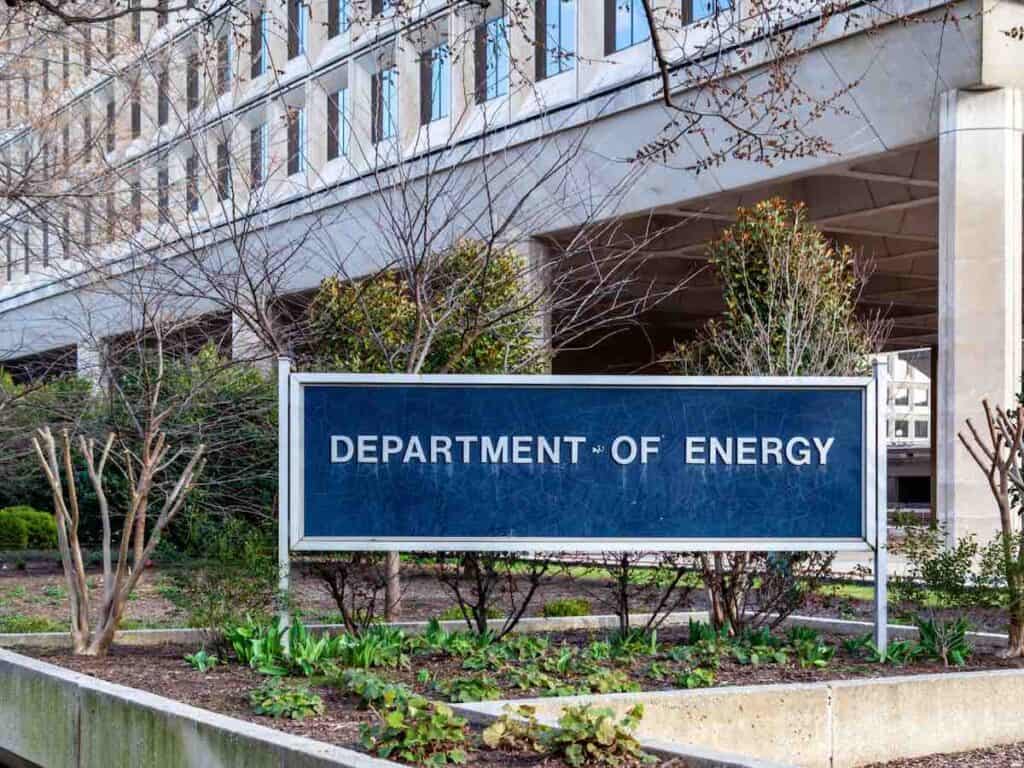
Do DOE Jobs Require Polygraph?
The DOE subjects candidates for various positions, including high-risk ones, to a polygraph examination. Similarly, incumbents for positions that are designated in law and regulation take a lie detector test. They include those who are already hired by the DOE and require access to sensitive information.
Short for the US Department of Energy, the DOE is the one that manages the country’s nuclear infrastructure and manages its energy policy. It also funds scientific and technological research and development in the field.
DOE facilities and information can be used for terrorism, public health emergency and other hazards.
It’s exactly because of this why the federal agency, which works in the public interest, has to be wary when hiring new employees. Subjecting job applicants to a polygraph test is one way to verify a candidate’s trustworthiness and reliability. It was in 1999, by the way, when the DOE first screened job applicants with the use of a lie detector machine.
Individuals have the right to decline a polygraph test for pre-employment screening purposes. Similarly, they have the right to terminate the exam while undergoing one at any given time.
However, it’s important for them to note that the DOE also has the right to refuse to employ them.
Other than candidates for various positions at the DOE, also polygraphed are employees, including especially those with access to sensitive information. The majority of employees who must undergo the examination include contractor employees and individuals who already have their clearances.
There are so-called triggers that can cause a DOE employee to be subjected to a polygraph test. One of those triggers is if a counterintelligence evaluation reveals that the individual may be engaged in certain activities, including clandestine or unreported relationships with foreign powers, persons or organizations.
In some instances, DOE employees are randomly selected for a sporadic counterintelligence evaluation, which, in most instances, involves a polygraph examination.
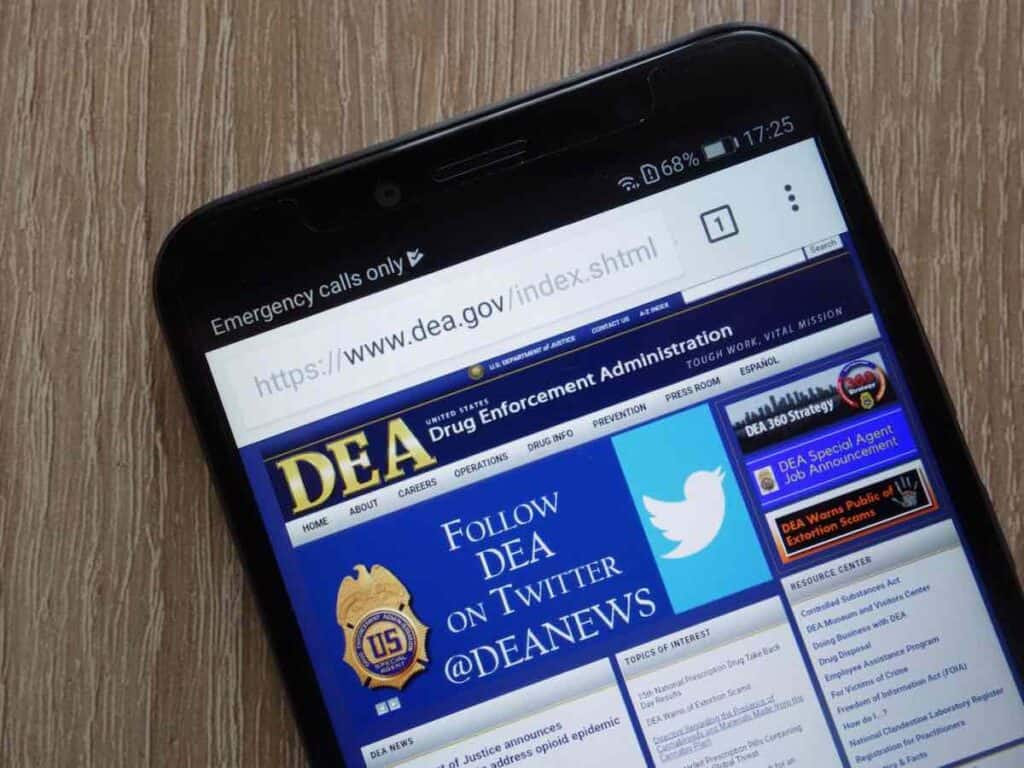
Does the DEA Use Polygraph Tests?
Individuals who are applying as special agents for the DEA must go through various pre-employment screening processes, which include a polygraph examination. Failure to successfully complete and pass any of the said processes will result in the candidate being disqualified and removed from consideration for employment.
The mission of the DEA is to enforce the controlled substances laws and regulations of the US.
It’s also tasked with bringing to the criminal and civil justice system of the country or any other competent jurisdiction organizations and the members of organizations involved in growing, manufacturing or distributing controlled substances appearing in or destined for illicit traffic in the US.
Because of this, the federal agency requires candidates who receive a conditional offer of employment to complete a polygraph examination, among many other pre-employment screening processes.
Other things that they must complete and pass, too, include a medical evaluation, urinalysis drug screening, psychological assessment and background investigation. After successfully undergoing and passing them, the candidate then goes through a final hiring panel review.
It goes without saying that those who are applying as special agents of the DEA must undergo extensive pre-employment screening procedures. Because the said position is designated as critical sensitive by the DEA itself, completion of a full-fledged investigation beforehand is crucial. The same is true for intelligence research specialist applicants.
Diversion investigator applicants, in some instances, may also be subject to a polygraph test.
Failing the lie detector test does not necessarily mean right away that the individual is automatically disqualified. If the result is deception indicated and there is no subsequent confession, the Drug Enforcement Administration may ask the candidate to retake the polygraph test. At times, it may try to resolve the issue by conducting a background investigation.
But if the report says there’s deception and the applicant subsequently confesses or admits deception, then he or she is automatically removed from consideration for employment at the DEA.

Does the Secret Service Do Polygraph?
Many positions in the Secret Service require candidates to undergo a polygraph examination beforehand. The special agent position is one of them. Besides a lie detector test, other procedures included in the pre-employment screening process include a medical examination, drug screening, background investigation and in-depth interviews.
The US Secret Service (USSS) or Secret Service is under the Department of Homeland Security.
It’s tasked with conducting criminal investigations as well as providing protection to US political leaders and their families and visiting state or government heads.
Various positions in the Secret Service require candidates to undergo a polygraph examination, which, if deception is indicated, can disqualify them for employment or require them to retake the test. Although they can always say no to having the lie detector test, it can keep them from being eligible for the positions they are after.
Those who are applying as special agents are required by the Secret Service to take and pass a polygraph exam. The same is true for those who are hoping to work as technical law enforcers.
Many other positions at the federal agency may require candidates to be strapped to a polygraph machine.
Similarly, numerous pre-employment screening processes have to be conducted as well. In some instances, the processes are divided into 2 phases: competency and security.
Competency usually includes a review of qualifications, aptitude test, interview and conditional job offer. On the other hand, security typically involves background evaluation, medical examination, psychological evaluation and hiring-panel interview. It’s also during phase 2 of the screening that a lie detector test is conducted.
Polygraph examinations are so important in the Secret Service that the federal agency has what’s referred to as the Forensic Services Division (FSD). Simply put, the FSD is a branch of the Secret Service that uses a proprietary system designed to keep track of all lie detector tests that the agency administers.
It has a database that contains polygraph information not only on applicants but also criminals.
Just Before You Apply for a Job at a Federal Agency
It’s not uncommon for various government agencies to require job applicants to undergo a polygraph examination as a part of the pre-employment screening process. This is especially true for federal agencies that are involved in intelligence, defense and national security where employees must have high-level trustworthiness and integrity.
Similar to when being investigated for a crime or misdemeanor, you can always say no to undergoing a lie detector test when applying for a job position that requires candidates to take it.
But this almost always means losing your eligibility for the position you are applying for.
Read Next: Polygraph vs. Lie Detector: What’s the Difference



